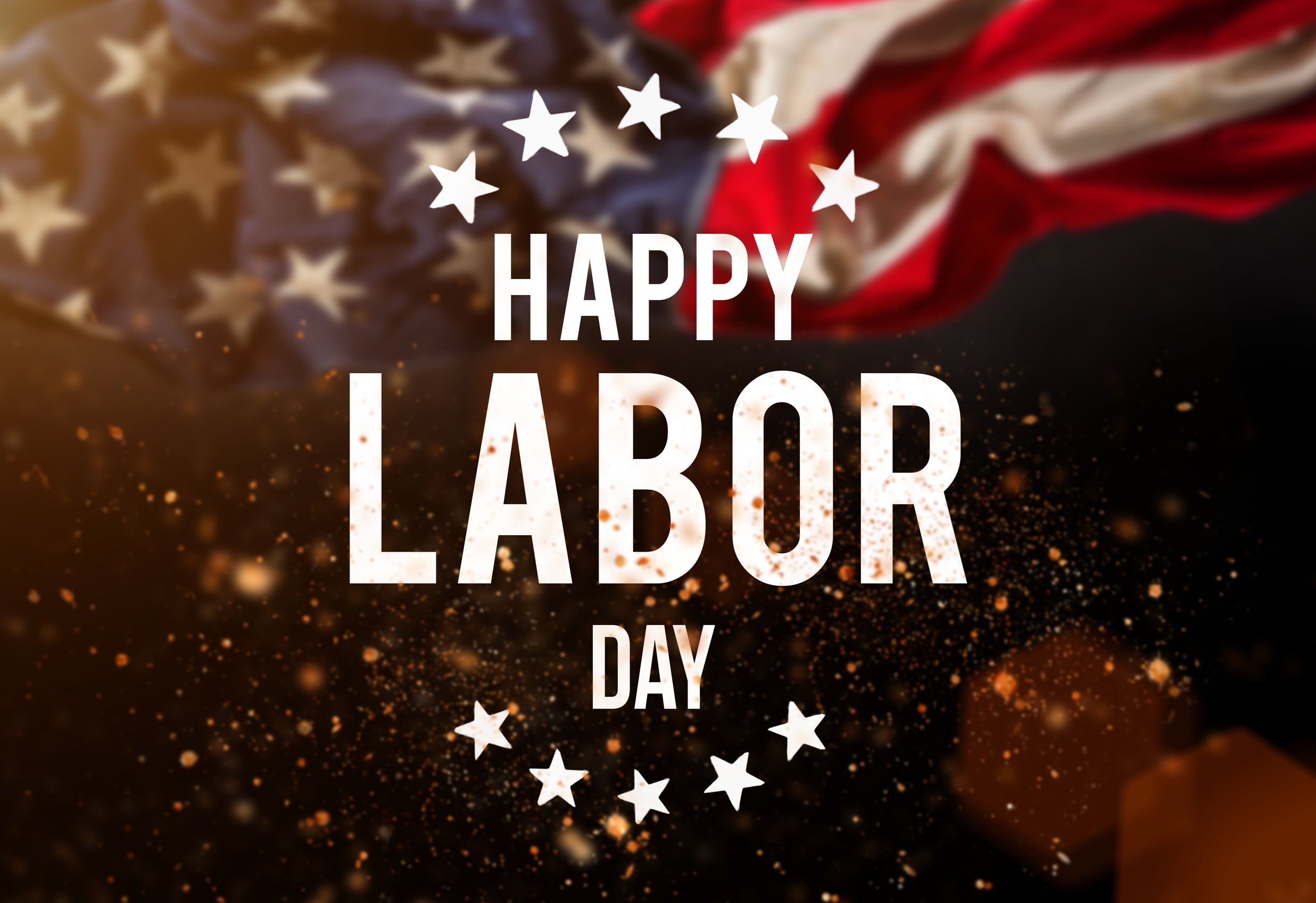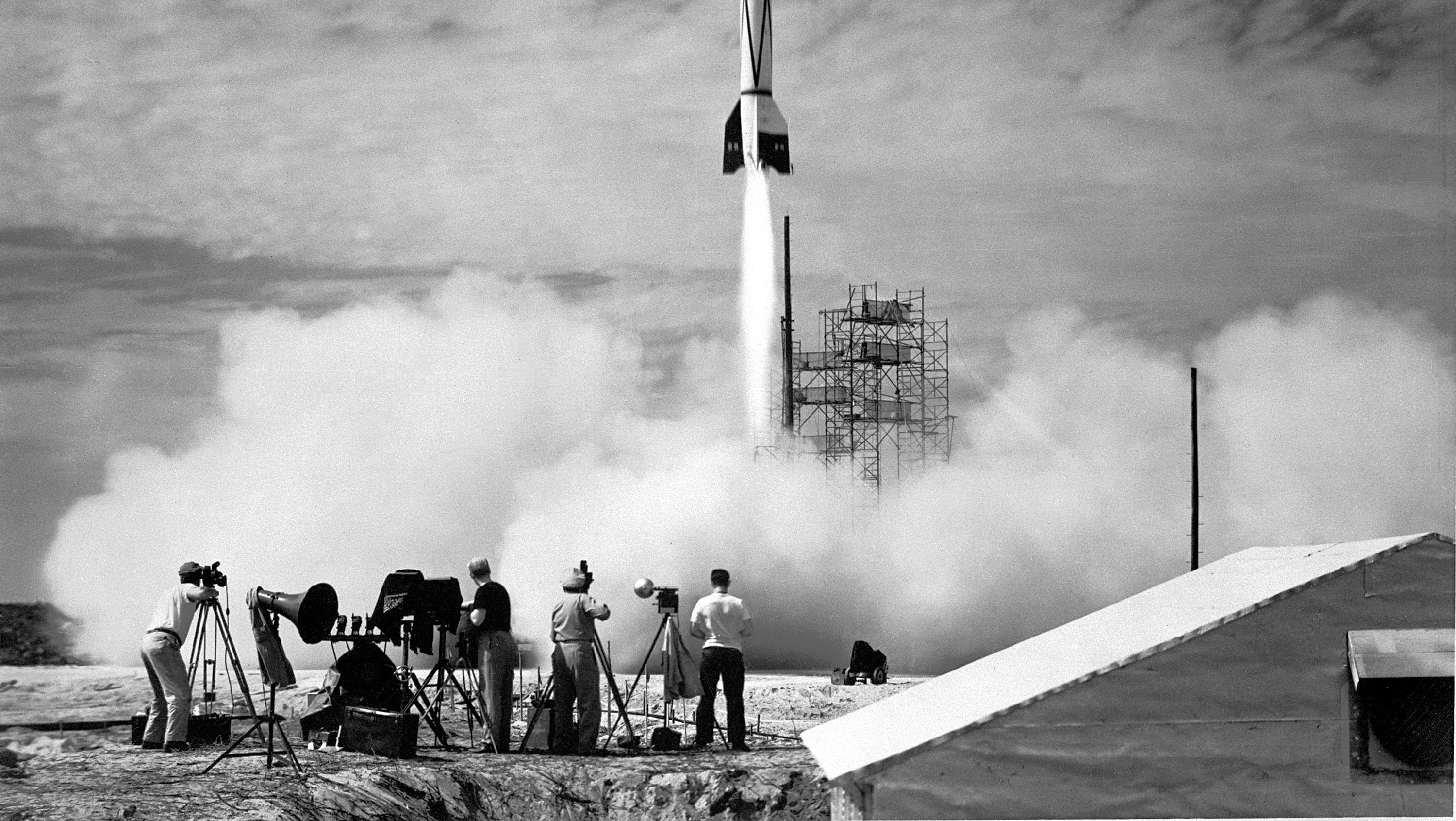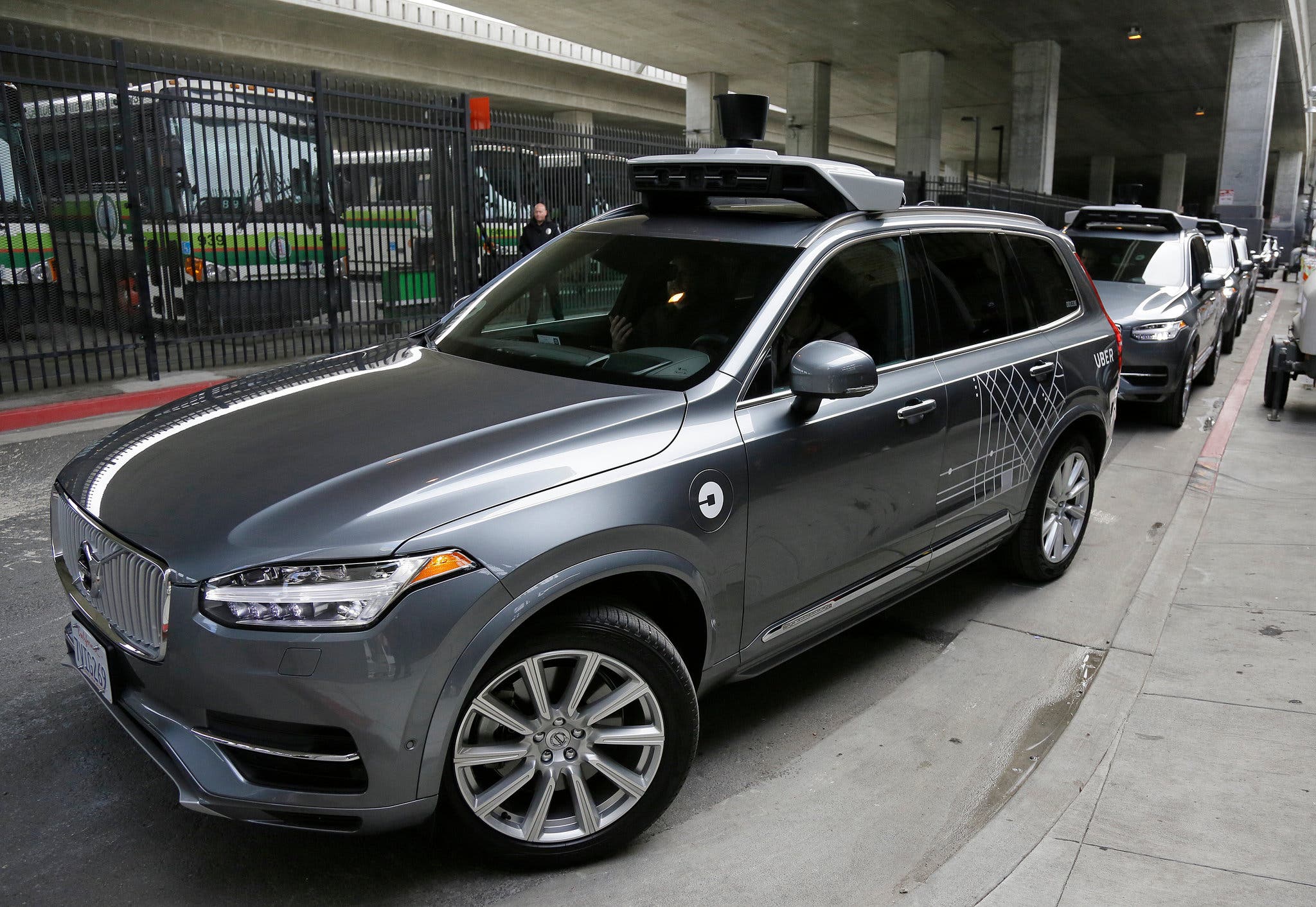Las Vegas Casino Labor Disputes: Expert Analysis

Table of Contents
Historical Context of Labor Relations in Las Vegas Casinos
The history of labor relations in Las Vegas casinos is a story of evolving power dynamics between casino owners and their employees. Early unionization efforts faced significant resistance from powerful casino interests, often resulting in protracted strikes and legal battles. The industry's rapid growth in the mid-20th century fueled tensions, as workers sought better wages and working conditions to match the booming profits.
- Early unionization efforts and their successes/failures: Early attempts to organize casino workers often met with strong opposition, including intimidation tactics and blacklisting. However, some pockets of success emerged, laying the groundwork for future unionization drives.
- The impact of the Culinary Workers Union Local 226: The Culinary Workers Union Local 226 has been a pivotal force in shaping casino labor relations in Las Vegas. Their powerful organizing efforts have significantly improved wages, benefits, and working conditions for thousands of casino employees.
- Significant strikes and their outcomes: Several major strikes have punctuated the history of Las Vegas casino labor disputes, often leading to significant concessions from casino management. These strikes highlight the willingness of casino workers to fight for their rights.
- Changes in Nevada labor laws affecting casinos: Nevada's labor laws have evolved over time, impacting the legal landscape for casino labor disputes. Changes in minimum wage, overtime regulations, and worker protections have shaped the bargaining power of both employers and employees.
Common Causes of Las Vegas Casino Labor Disputes
Frequent disagreements between casino employers and employees stem from several core issues. These recurring conflicts often center around wages, working conditions, job security, and union representation.
- Wages and Benefits: Casino workers, particularly those in lower-paying positions, often struggle with low wages, inadequate healthcare benefits, and a lack of paid time off. These disparities fuel dissatisfaction and contribute to labor disputes.
- Working Conditions: Long hours, demanding schedules, and the potential for harassment or discrimination are common complaints among casino workers. The physically and emotionally demanding nature of many casino jobs contributes to high turnover and labor unrest.
- Job Security: Concerns about outsourcing, automation, and precarious employment are increasingly prominent factors in Las Vegas casino labor disputes. Workers fear job displacement due to technological advancements or cost-cutting measures.
- Union Representation: Disputes over union recognition, collective bargaining agreements, and the enforcement of contracts are frequent sources of conflict. The struggle for unionization and the fight for fair representation are central to many casino labor disputes.
The Role of the Culinary Workers Union Local 226
The Culinary Workers Union Local 226 plays a dominant role in representing casino workers in Las Vegas. Their influence on labor relations is undeniable, shaping negotiations and impacting the overall working conditions within the industry.
- Union membership statistics and reach: The Culinary Workers Union boasts a substantial membership base among Las Vegas casino employees, giving them significant leverage in negotiations.
- Successful collective bargaining agreements achieved: Through collective bargaining, the union has secured improved wages, benefits, and working conditions for its members, setting standards for the industry.
- Strategies used in negotiation and dispute resolution: The union employs a range of strategies, including strikes, boycotts, and public pressure campaigns, to achieve its negotiating goals.
- Challenges faced in organizing non-unionized properties: Despite their success, the union continues to face challenges in organizing non-unionized casinos and ensuring fair representation for all casino workers.
Legal and Regulatory Frameworks Governing Casino Labor Disputes in Nevada
Nevada labor laws and regulations provide a framework for resolving casino labor disputes. Understanding these laws is crucial for both employers and employees.
- Key provisions of Nevada’s labor laws impacting casinos: Nevada labor laws cover various aspects of employment, including minimum wage, overtime pay, worker's compensation, and discrimination protections. These laws set minimum standards for casino employers.
- The role of the Nevada Labor Commissioner: The Nevada Labor Commissioner plays a key role in enforcing labor laws and mediating disputes between employers and employees.
- Procedures for filing grievances and pursuing legal action: Workers have legal avenues to address grievances, including filing complaints with the Nevada Labor Commissioner or pursuing legal action.
- Examples of landmark legal cases related to casino labor disputes: Several landmark cases have shaped the interpretation and application of Nevada labor laws in the context of casino labor disputes.
The Future of Las Vegas Casino Labor Relations
The future of Las Vegas casino labor relations will be shaped by several factors, including technological advancements, changing demographics, and evolving unionization strategies.
- The impact of the gig economy on casino employment: The rise of the gig economy could impact the traditional employment model in casinos, potentially leading to new forms of labor disputes.
- The role of artificial intelligence and automation in shaping labor disputes: Automation and AI could displace some casino jobs, leading to potential conflict over job security and retraining programs.
- Potential changes in unionization strategies and tactics: Unions may adapt their strategies to address the challenges posed by technological advancements and changing work structures.
- Predictions for the future of labor relations within the Las Vegas casino industry: The ongoing tension between casino management and workers suggests that labor disputes will likely remain a significant feature of the Las Vegas casino industry for the foreseeable future.
Conclusion
This analysis of Las Vegas casino labor disputes highlights the complex interplay of economic, social, and legal factors shaping the employment landscape of the city's iconic casinos. Understanding the historical context, common causes, and legal frameworks governing these disputes is crucial for ensuring fair labor practices and promoting a stable and productive workforce. From wage disparities to unionization efforts, the issues are multifaceted and demand ongoing attention. To stay informed on the latest developments in Las Vegas casino labor disputes and their impact on the industry, continue to follow reputable news sources and labor organizations. Understanding these Las Vegas casino labor disputes is crucial for a comprehensive understanding of the industry.

Featured Posts
-
 Daily Lotto Results Friday 25 04 2025
May 18, 2025
Daily Lotto Results Friday 25 04 2025
May 18, 2025 -
 Snl Walton Goggins Takes On Obsessive White Lotus Fan Theories
May 18, 2025
Snl Walton Goggins Takes On Obsessive White Lotus Fan Theories
May 18, 2025 -
 Internationale Spanningen En De Groei Van De Nederlandse Defensie Industrie
May 18, 2025
Internationale Spanningen En De Groei Van De Nederlandse Defensie Industrie
May 18, 2025 -
 New Bet Mgm Bonus Code Cuse 150 Claim Your 150 Betting Bonus In Nj And Pa
May 18, 2025
New Bet Mgm Bonus Code Cuse 150 Claim Your 150 Betting Bonus In Nj And Pa
May 18, 2025 -
 The Kim Kardashian Bianca Censori Kanye West Triangle
May 18, 2025
The Kim Kardashian Bianca Censori Kanye West Triangle
May 18, 2025
Latest Posts
-
 Ubers Autonomous Vehicle Push Investing In The Future With Etfs
May 19, 2025
Ubers Autonomous Vehicle Push Investing In The Future With Etfs
May 19, 2025 -
 Could Driverless Cars Make Your Uber Etf Investment Soar
May 19, 2025
Could Driverless Cars Make Your Uber Etf Investment Soar
May 19, 2025 -
 Evaluating Uber Uber As An Investment Opportunity
May 19, 2025
Evaluating Uber Uber As An Investment Opportunity
May 19, 2025 -
 Robotaxi Competition Heats Up Uber And Waymo In Austin
May 19, 2025
Robotaxi Competition Heats Up Uber And Waymo In Austin
May 19, 2025 -
 Get Your Pet To The Vet With Uber Pet Delhi And Mumbai Launch
May 19, 2025
Get Your Pet To The Vet With Uber Pet Delhi And Mumbai Launch
May 19, 2025
